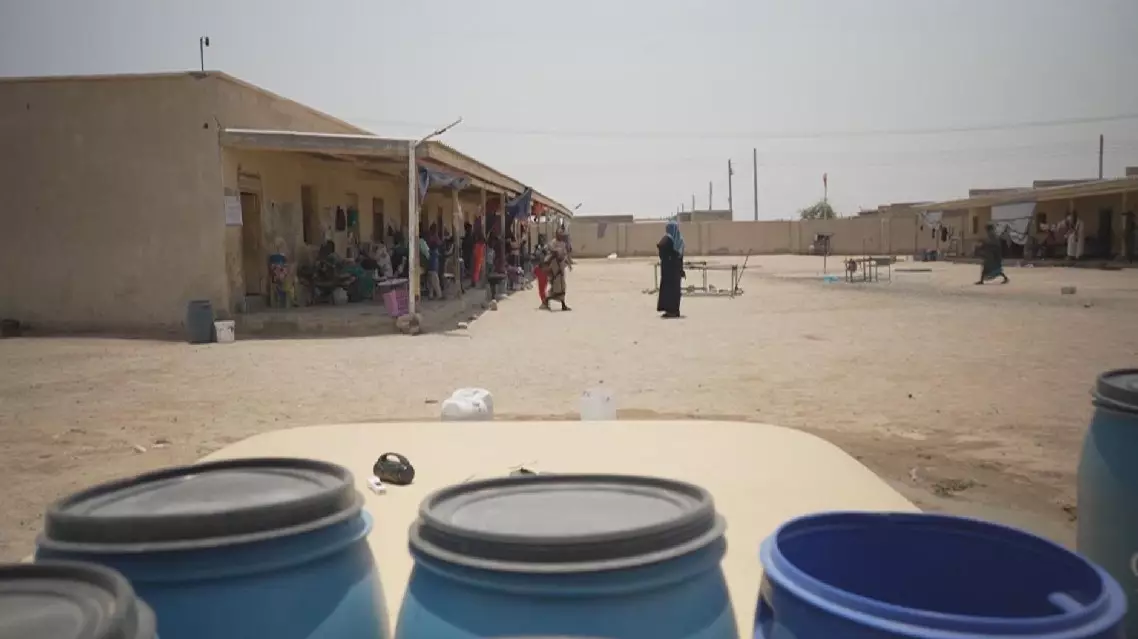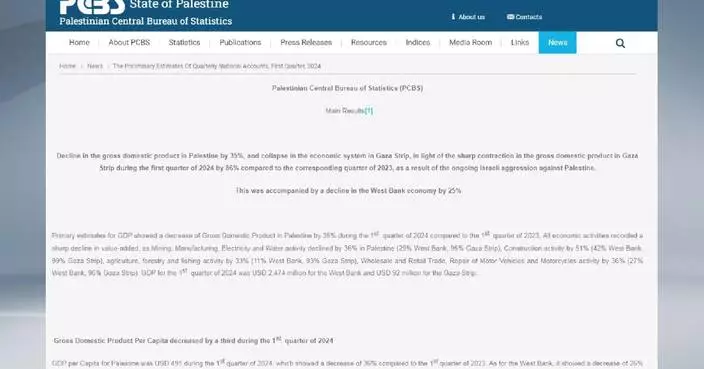The fraudulent practices by Japanese automakers during car certification operations have not only affected the country's auto industry but have also had far-reaching impacts, extending to associated enterprises and consumer trust, Kazuyuki Hamada, a Japanese international political economist, said on Monday.
Japan's transport ministry has uncovered that the country's five major automakers -- Toyota, Honda Motor, Mazda, Yamaha Motor and Suzuki Motor -- have been implicated in illegal fraudulent practices during their mass production certification applications.
Amid the brewing scandal, top executives of these companies made public apologies with follow-up measures, but the revelation, shocking both domestic and international communities, has raised concerns about its potential impact on Japan's automotive industry and the broader economy.
"The auto industry is a cornerstone of Japan's economy, and major automakers have numerous associated upstream and downstream companies, including both direct and indirect connections. These associated companies range from 1,000 to 2,000 and are distributed nationwide. When these leading companies engage in misconduct, the consequences extend beyond the scope of individual firms such as Toyota or Honda. It erodes the very foundation of Japan's economy, exerting an impact on its future growth," Hamada said.
According to the expert, the data falsification scandal among major automakers has shed light on the problems existing in the Japanese auto industry when confronted with new market demands, including responding sluggishly, seeking quick outcomes, and struggling with transformation.
The recent revelations surrounding Japanese automakers hastily submitting falsified or altered data to expedite verification processes and meet market demands have raised serious concerns. This troubling behavior, combined with the failure of government regulatory bodies to exercise effective oversight, poses a significant risk of eroding consumer trust in the industry in the long term, Hamada noted.
"This issue is not limited to automakers but extends to various industries in Japan, creating a perception that Japanese companies can manipulate things according to their own will. This perception undermines consumer trust and poses a significant challenge to all industries in Japan," Hamada said.

Japanese automakers' fraud scandal has broad impact, affecting multiple parties involved: expert

Japanese automakers' fraud scandal has broad impact, affecting multiple parties involved: expert
The United Nations has warned that Sudan is facing the worst levels of acute food insecurity ever recorded by the Integrated Food Security Phase Classification (IPC).
The UN warning was issued in a report released on Thursday on its official website.
"Fourteen months into the conflict, Sudan is facing the worst levels of acute food insecurity ever recorded by IPC in the country. Over half the population (25.6 million people) face crisis or worse conditions(IPC Phase 3 or above)," said Rein Paulsen, Director of the Office of Emergencies and Resilience, Food and Agriculture Organization (FAO).
This includes 755,000 people facing "catastrophe" food insecurity (IPC Phase 5) in 10 states including Greater Darfur (all five states), South and North Kordofan, Blue Nile, Al Jazirah, and Khartoum. Another 8.5 million people, 18 percent of the population, are in "emergency" (IPC Phase 4).
"And there is a risk of famine in 14 areas, localities and clusters affecting both residents, internally displaced people, and refugees. And those 14 locations are found in greater than for Greater Kordofan, Al Jazeera states, and some hotspots in Khartoum," said Paulsen.
He noted that if the conflict escalates further, it will further disrupt "mobility, humanitarian assistance, access to markets and livelihood activities."
Sudan has been embroiled in a deadly conflict between the Sudanese Armed Forces and the paramilitary Rapid Support Forces since mid-April 2023, which has claimed more than 16,650 lives, according to the Sudan situation report updated by the UN Office for the Coordination of Humanitarian Affairs on June 24.
This latest IPC analysis marks a stark and rapid deterioration of the food security situation compared to the previous IPC update published in December 2023. Six months later, the number of people facing high levels of acute food insecurity has increased by 45 percent, including a 74-percent increase in IPC Phase 4, while the population in IPC Phase 5 (catastrophe) has surged from zero to 755,000 in the period from June to September 2024. Compared to the same time last year, the number of people classified in IPC Phase 3 or above has increased by over 50 percent.
The conflict has not only triggered mass displacement and disruption of supply routes, market systems and agricultural production, it has also severely limited access to essential humanitarian assistance, exacerbating an already dire situation.
The impact of conflict extends beyond food insecurity. Reports from various states highlight highly dysfunctional health services, water contamination and poor sanitation and hygiene conditions. Increased morbidity to water-borne diseases is expected to further reduce the absorption capacity of the little food available for children and adults.
Consequently, cases of acute malnutrition, which have already reached extremely high levels in some areas will likely increase. Moreover, the fast-approaching rainy season and expected floods will likely affect the agricultural season through the spread of pests and plant diseases, according to the report.

UN warns worst food crisis in Sudan











